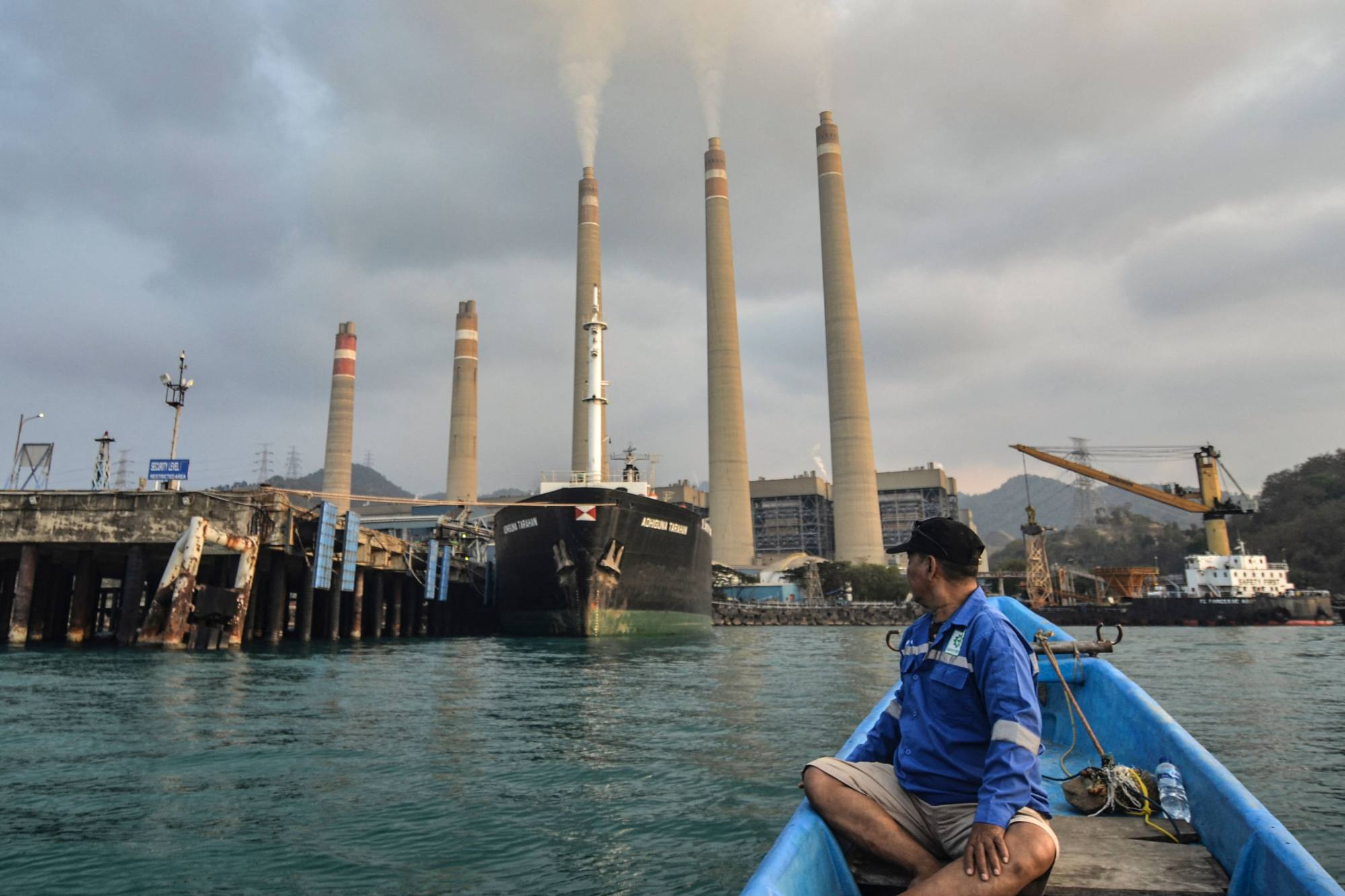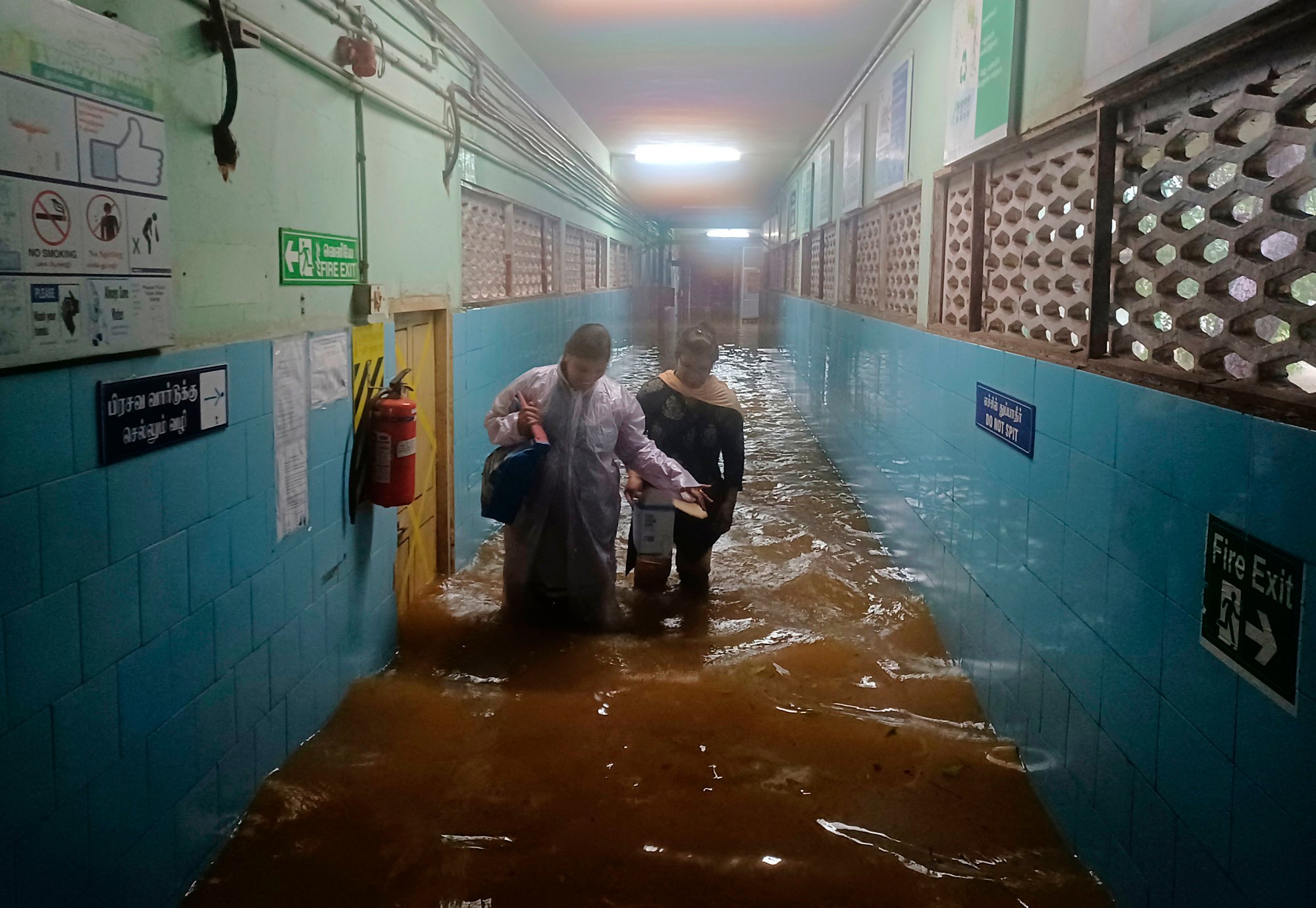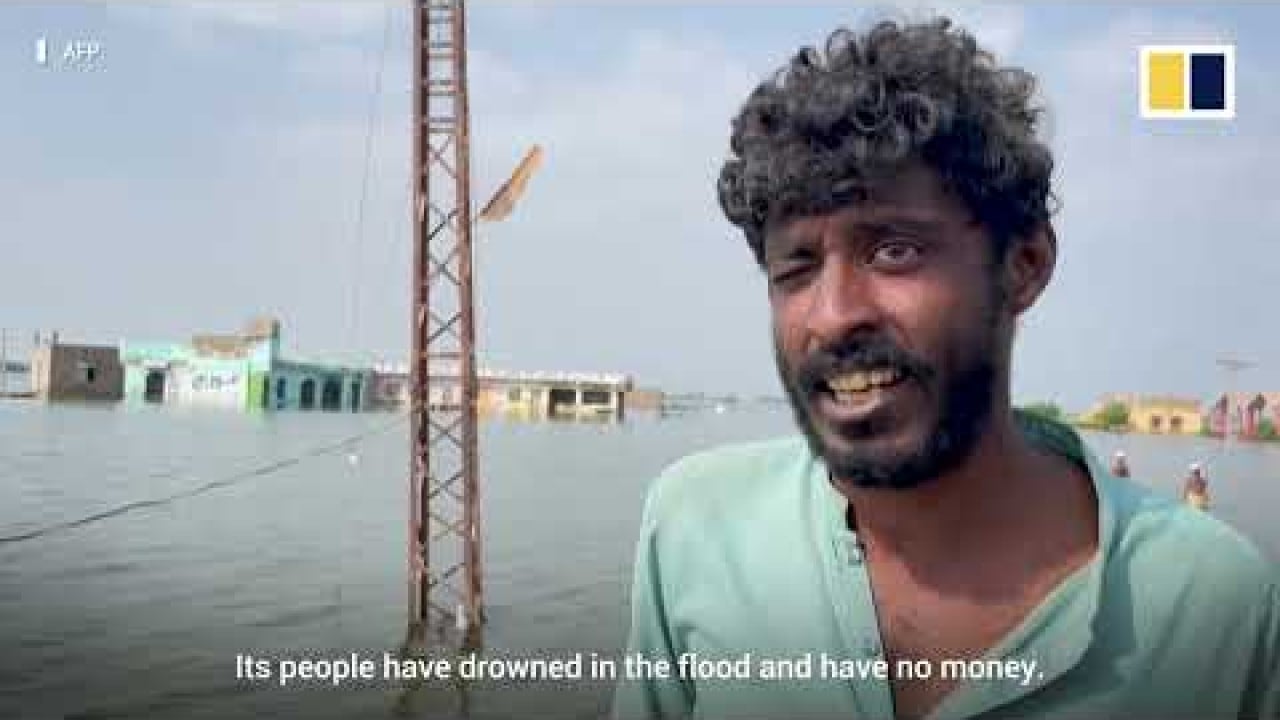
Asia’s climate goals at risk over Cop28’s modest transition from fossil fuels: ‘we have one foot in the grave’
- Critics say the deal is still severely lacking when it comes to addressing the climate concerns of developing nations
- Asia faces multiple obstacles to its clean energy transition, with countries such as China, India and Indonesia failing to provide clear timelines for ending coal usage
The text also includes agreements to triple the deployment of renewable energy and double the rate of efficiency gains by the end of the decade.
Cop28 climate summit adopts world-first ‘transition’ from fossil fuels
Climate activists welcomed the language on fossil fuels to reflect the consensus view of the nearly 200 countries gathered in Dubai, but said it was still severely lacking when it came to addressing the climate concerns of developing nations.
“The new text still falls far short of what is the only acceptable action – a rapid, full, and equitable fossil fuel phase-out in line with 1.5 degrees Celsius,” said Gerry Arances at the Centre for Energy Ecology and Development, which is based in the Philippines.
“It is a text that limits even the phase-down of coal, fails to acknowledge necessary timelines and hails the notion of ‘transition fuels’ – a term used as code to force more fossil fuels, especially gas, onto developing economies,” he said.
“The world’s most vulnerable peoples do not have the luxury to let go of a fast-closing window to keep our future liveable. We already have one foot in the grave.”
The prospect of reaching a consensus on a timeline for phasing out fossil fuels receded after strong resistance from oil and gas-producing countries in the Middle East and beyond. Significantly, the new text does not explicitly call for a “phase-out” of fossil fuels, which more than 100 nations had pleaded for.
A tussle over the language, particularly regarding fossil fuel usage, resulted in the meeting being extended beyond its scheduled close on Tuesday.
Harjeet Singh, head of Global Political Strategy at CAN International, said the burden of climate action remained unfairly distributed on developing countries, many of which are in Asia.
“Despite acknowledging the role of fossil fuels in the climate crisis, rich and historically polluting countries have yet to provide substantial financial support or a viable pathway for Asia’s transition to renewable energy,” he said.
Last week, UN Secretary-General Antonio Guterres urged nations to unanimously endorse a gradual end to fossil fuel use to keep the world below a tipping point of 1.5 degrees higher than pre-industrial levels.
Scientists say the world needs to stop building new fossil fuels power plants and phase them out completely by 2050 to achieve that climate goal. Simultaneously, the world needs to triple renewable energy production, especially in developing countries.

Multiple hurdles
The region still has a relatively young coal fleet, with an average age of power plants still being less than 15 years. It is also expecting a substantial rise in gas infrastructure, with a number of 320 gigawatts gas-fired power plants in development, which, if completed, would nearly double that capacity.
Asean nations need US$27 billion per year to reach 23 per cent renewables in their energy mix by 2030, to be in line with net zero by 2050.

While Indonesia has pledged to phase out coal by the 2040s, it has said it may allow its captive coal-powered facilities to remain active until 2050.
Cop28 president Sultan Ahmed al-Jaber called the conference’s adopted text “a huge step forward” due to the inclusion of fossil fuel in the text wording.
However, climate activists warned that the agreement did not go nearly far enough.
“What we wanted was a plan for a complete phase-out of all fossil fuels along with clear indicators of financial support to developing countries on energy transition. What we have now is the same old strategy of obfuscation (phase-down of unabated coal) and dangerous distractions (carbon capture and storage) and no indication of scaling up climate finance for the developing countries to triple of renewable energy targets,” said Nakul Sharma, programme coordinator of Climate Action Network South Asia.
“We wanted to see more ambition and not a text that plays with words to keep the fossil fuel lobbyists in the plenary satisfied.”

Vibhuti Garg, South Asia director of the Institute for Energy Economics and Financial Analysis, said the overall text was still tilted towards fossil fuels rather than renewables production.
“The real winners of the new draft text are the fossil producers that continue to term ‘gas’ as a transitional fuel,” she said.
Activists say gas production releases significant amounts of methane, which is also a greenhouse gas, and therefore should not be seen as an interim solution to increasing renewable energy.
More than 800 leaders in business, academia, philanthropy and politics had signed an open letter to Jaber, who also heads United Arab Emirates national oil company Abu Dhabi National Oil Co, calling for “the strongest possible outcome”, including an “orderly phase-out of all fossil fuels in a just and equitable way”.
While acknowledging that Cop28 addressed the need to stop burning fossil fuels, Linda Kalcher, executive director at Strategic Perspectives, said it still had flaws such as its advocacy for “false solutions” like expensive carbon capture and storage to mitigate emissions.
“The Cop28 leadership cannot claim they have saved 1.5 degrees. This deal is still heavy with loopholes, lacking timelines and fails to provide the support that the majority of the world’s people are going to need to finance the rapid transition that is now required,” she said.


